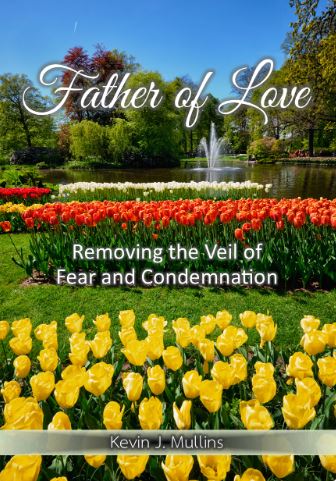Pioneer Divisions of Law, Calvin and Aquinas
Where did the Adventist pioneers get their understanding of the three divisions of Law? Here is an Example.
As a people, we believe that there are two laws, or systems of law : ( 1.) The moral law and the principles of moral duty which grow out of it; (2.) The ceremonial law, embracing the typical remedial system pointing forward to Christ, and the civil laws growing out of the special relation existing between God and the Jewish people to the cross. We hold the former to be ever binding upon man, while the latter passed away. G.I Butler, Law in Book of Galatians (1886) p 7.
"We answer, that there should be a distinguishing between the civil and the moral law. The moral law was binding on all, down to the end of time; but the civil and ceremonial laws were not, because Christ was to do them away in introducing the new dispensation." M.E Cornell RH Aug 15, 1865
Where did this idea come from? The Bible?
“We must attend to the well-known division which distributes the whole law of God, as promulgated by Moses, into the moral, the ceremonial, and the judicial law.” Calvin, J, Institutes of the Christian Religion, Translated by Henry Beveridge, James Clark & Co., 1962, Volume 2, Book 4, Chapter 20, Section 14, page 663
“We must therefore distinguish three kinds of precept in the Old Law; viz. ‘moral’ precepts, which are dictated by the natural law; ‘ceremonial’ precepts, which are determinations of the Divine worship; and ‘judicial’ precepts, which are determinations of the justice to be maintained among men.” Thomas Aquinas, Summa Theologica, 2a, Question 99, Article 4
Do Calvin and Aquinas have a correct grasp of the Law of God as a basis for our understanding of the gospel? Did these men understand the covenants? When did much needed light come to the world to allow us to reconsider this question?
"Night before last I was shown that evidences in regard to the covenants were clear and convincing. Yourself, Brother B, Brother C, and others are spending your investigative powers for naught to produce a position on the covenants to vary from the position that Brother [E. J.] Waggoner has presented. Had you received the true light which shineth, you would not have imitated or gone over the same manner of interpretation and misconstruing the Scriptures as did the Jews. What made them so zealous? Why did they hang on the words of Christ? Why did spies follow Him to mark His words that they could repeat and misinterpret and twist in a way to mean that which their own unsanctified minds would make them to mean. In this way, they deceived the people. They made false issues. They handled those things that they could make a means of clouding and misleading minds. {9MR 328.3}
The covenant question is a clear question and would be received by every candid, unprejudiced mind, but I was brought where the Lord gave me an insight into this matter. You have turned from plain light because you were afraid that the law question in Galatians would have to be accepted. As to the law in Galatians, I have no burden and never have had.--Letter 59, 1890, p. 6. (To Uriah Smith, March 8, 1890.) {9MR 329.1}
The covenant question is clear. We don't need to base our foundations for the law and covenants of Thomas Aquinas or John Calvin. Our Pioneers came out of the Trinity but it takes time to shed the pattern of thinking connected to the Trinity. For more information on this see the article The Threefold nature of the Law





